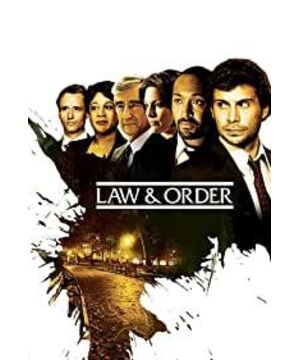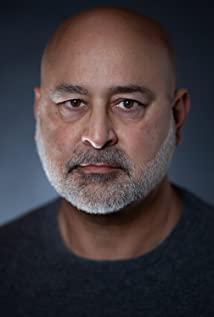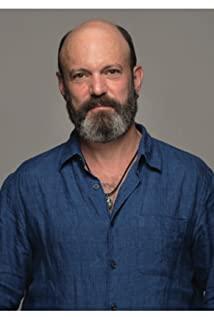S1E14 The Violence of Summer
-- Rape / Accomplice / Rights of Suspects and defendant
Related to trial logic:
◇ When the physical evidence is insufficient and the defendant works with the media to hype the sexual assault victim's criminal record or personal morality as a hot topic, Stone recommends the victim to testify publicly to establish a more complete case context with the clear statement of the parties, which can also affect the jury emotionally. , to put it bluntly, is the trial strategy of how to solve the "perfect victim" fallacy. "It's not a question of abstract application of the law, it's perception. We're dealing with the collective minds and morals of a jury. Often, it's just a question of cause and effect."
◇ A clip of putting pressure on the victim during the mock court trial was a bit worrying, but it ended up with Stone's sentence "it's not you on trial", which was somewhat comforting.
◇ Uncorroborated Statement/Testimony of Accomplice The uncorroborated confession of an accomplice refers to an accomplice ---- not a co-accused, whose testimony cannot be regarded as reliable evidence of conviction and must be supplemented with other physical evidence / Verification, in order to become corroboration (corroboration), has the value of the court.
◇ Reasonable Expectation of Privacy The reasonable expectation of personal privacy refers to people's subjective expectation of personal privacy. When this expectation is also considered reasonable by the society, it becomes a legitimate privacy category. For example, in theory, it is difficult for individuals to claim that they must be “incognito” in public places, but if they are chatting with friends in public places, they can claim this part of their privacy rights due to the expectation that the chat content will not be disclosed. The highlight of this episode is that Greevey's sword went sideways, allowing the accomplice to provide a confession to the police officer (with no expectation of privacy) in a public place before the case was closed.
In relation to suspect/defendant rights:
◇ Sacco and Vanzetti Case: The Sacco and Vanzetti case that occurred in 1920 was one of the most famous injustices in the history of American law. To put it simply, Italian immigrant and anarchist Sacco and Vanzetti were convicted of a murder in Massachusetts, despite inconsistencies in ballistic evidence, contradictory eyewitness testimony, and the appearance of a person who turned himself in. Historians generally agree that their convictions were based on intolerance and racial prejudice against the political beliefs of the authorities, prosecutors, and juries, so the case also serves as a warning to later generations about flaws in procedural justice and bias in the judicial system.
◇ Miranda warning Miranda warning, the familiar "You have the right to remain silent, everything you say may become evidence against you. You have the right to ask a lawyer to accompany you..." Originated from Miranda in Arizona in 1966 In kidnapping cases, police must inform suspects of their right to silence and legal assistance before detaining and detaining suspects for interrogation. It guarantees the suspect's "right not to be compelled to testify against himself" and is particularly important in judicial procedural justice.
◇ Minnick v. Mississippi Case: Minnick, a Mississippi prisoner who was suspected of homicide by escape in 1990, was arrested and told of his Miranda rights, but refused to sign a waiver and requested the assistance of a lawyer, but was still interrogated without a lawyer present , was later found guilty, but on a subsequent appeal, the High Court overturned the original verdict on the grounds that it "must ensure that any statement is not the result of coercion and pressure", finding that the interrogation procedure was faulty.
◇ In addition, the episode aired in February 1991 is hard not to be reminiscent of the famous 1989 Central Park Jogger Case, especially the multiple crimes, contradictory video footage, flawed The physical evidence and other details, but the plot framework and perspective are still quite different.
View more about Law & Order reviews











